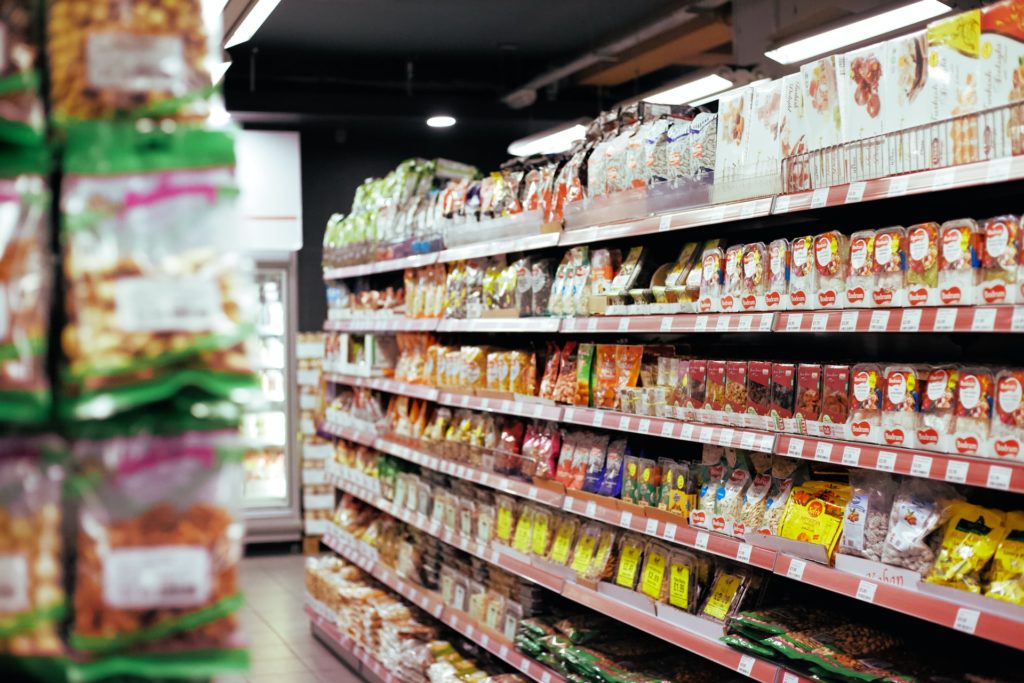Not every recall related to residues of ethylene oxide in food products is necessary, says FEVIA, Belgium's umbrella trade association of the food industry that represents all companies producing food and beverages products.
Last week, FASFC expanded the list of food items being recalled due to excessive levels of ethylene oxide, a chemical usually used in plant protection products and mostly found in instances where sesame seeds are involved.
That list was updated today to include three more food additives and the “anti-aging powder” from the brand RainPharma sold at Eurofood Belgium.
But now, amid concerns that recalls are causing massive financial losses and food waste, FEVIA emphasises that sometimes final products do not contain detectable traces of the chemical.
FEVIA is now asking that the European approach be reconsidered.
The total number of products recalled since the beginning of July is nearly 50.
“Rather than being a reason for concern, these recalls are a confirmation that Europe has the highest standards in the world when it comes to food safety,” said FEVIA CEO Bart Buysse.
But they're worried that an aggressive approach is leading to excessive food waste: according to the Flemish infocentre for agriculture and horticulture (VILT), products are required to be removed from shelves as soon as ethylene oxide is detected in one of their ingredients, even if there is no trace of it in the end product.
“In this case, there is clearly no danger to public health,” said Buysse. “Is such an approach still justifiable, given the food losses and the enormous costs involved?”
Food companies estimate that the recalls will cost them millions of euros.
“Food companies have to compensate both customers and consumers, destroy products as sustainably as possible and restart production with a loss of efficiency and with other raw materials,” Buysse explained.
“In some cases, insurance covers these costs or companies can recover them from suppliers, but even then, the impact remains large. Moreover, every recall also involves a form of food loss.”
Ethylene oxide is often used as a preservative to keep products fresh, and is still allowed in some countries, but not Europe.
The recalls happening in Belgium have been going on since 2020, when 105 products with sesame seeds were recalled in that year alone.
A check last year in the port of Antwerp of a batch of sesame seeds that came from India showed that the maximum residue level for ethylene oxide had been exceeded.
The lot in stock was blocked immediately, VILT said, but some of the contaminated sesame seeds had already left for companies that process them into various end products, such as bread mixes, crackers, and spices.
Sesame seed is processed in small quantities, so a large number of products have to be recalled.
Ethylene oxide is not immediately dangerous when used in small quantities, but when used for a long time and in large quantities it can be carcinogenic, according to the FASFC.
The full list of recalled products can be found here.

